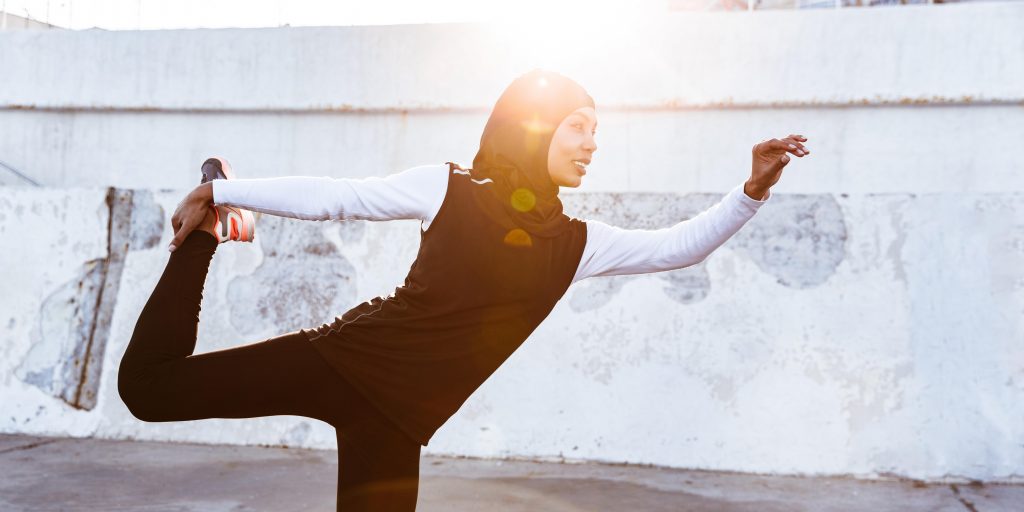Ramadan, which this year runs from April 3rd to May 2nd , sees Muslims throughout the world fast from sunrise to sunset, reflecting, spending time with family, and enjoying the holy month. Not only will you be prohibited from meals for the next 13 to 14 hours, but you will also be prohibited from drinking water and other beverages.

It’s crucial to care for yourself and keep healthy throughout Ramadan, and in this article we will share some tips on how to stay healthy and active during the holy month for those who are particularly into their fitness.
- Food Choices
For sahur :
Choosing complex carbs such as basmati/brown rice, sweet potatoes, and whole grain bread are the best foods to eat in the morning. This is to ensure that you have enough energy for the rest of the day! This would also supply you with consistent energy throughout your workout.
For iftar:
Consider simple carbs like eggs and white meat to refill your energy after a solid workout. These can be swiftly broken down by the body and used as energy. Simple carbohydrates are also found in processed and refined sugars like confectionery, table sugar, syrups, and soft drinks. It is completely acceptable to be a little more lenient with your sugar intake because our glucose levels will be lower than usual following a day of fasting. Just don’t go too far with it, take it in moderate amounts.
- Work Out Time
When is the ideal time to exercise during Ramadan? There are no hard and fast rules, only what works best for you and your lifestyle. You can exercise during fasting or after iftar, depending on your schedule.
If you want to work out before iftar, reduce the intensity of your workout and shorten the duration of your workout. For a faster post-workout recovery, it is recommended to train 1-2 hours before breaking fast.
Maintain a workout time of 30-45 minutes and no more than an hour. Reduce the number of sets and concentrate on pure strength improvements. The intensity of each set should be prioritised over volume because high volumes necessitate more food, water, and rest time for recovery.
- Decrease the Intensity
According to experts, you should reduce the intensity by at least 20%.
Ramadan workouts should be less strenuous than normal. Reduce the number of reps and sets you do, the weight you use, the amount of time you rest, and the speed at which you do cardio.
Given that you are low in calories for the month, lowering your intensity throughout your workouts is best practice.
- Be Mindful of Your Energy
With all of the above simple tips, you should be able to determine the optimal hours for you. However, you should also be aware of your energy levels while working out.
People’s fitness levels differ, and they might change over time. As a result, you must determine what schedule and level of intensity work best for you.
- Fasting as a way to cleanse the mind, body & soul
Ramadan is a wonderful month in which Muslims are reminded to be careful of their actions. Eating well and exercising are two ways to care for your body. Taking care of your health is considered a blessed act.
The above tips are applicable to anybody who wishes to benefit from fasting, not just for Muslims. The structures are slightly different, but the essence of body performance is the same.

